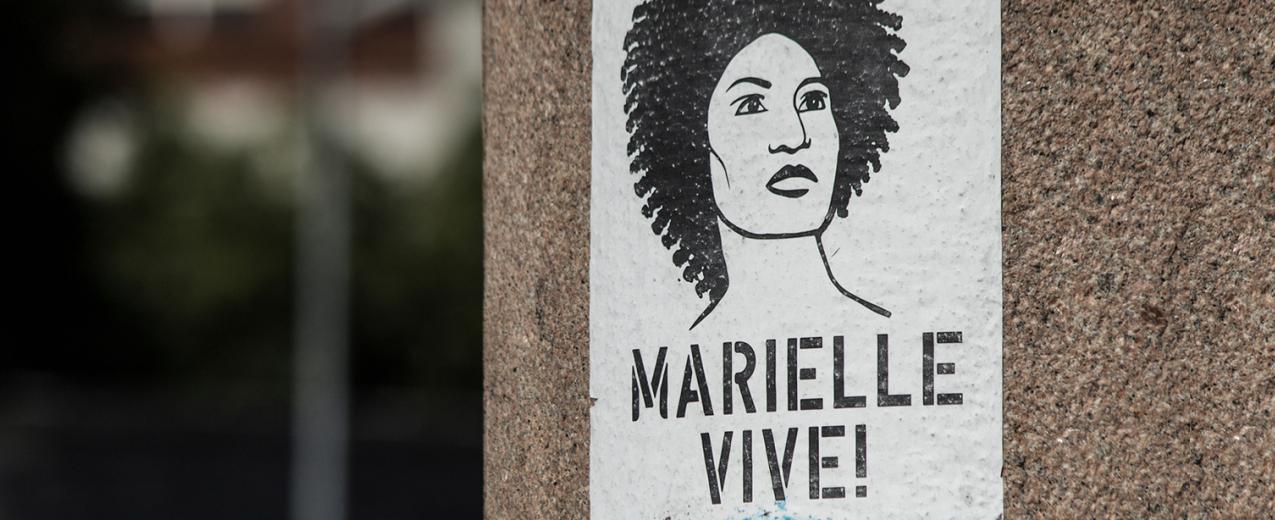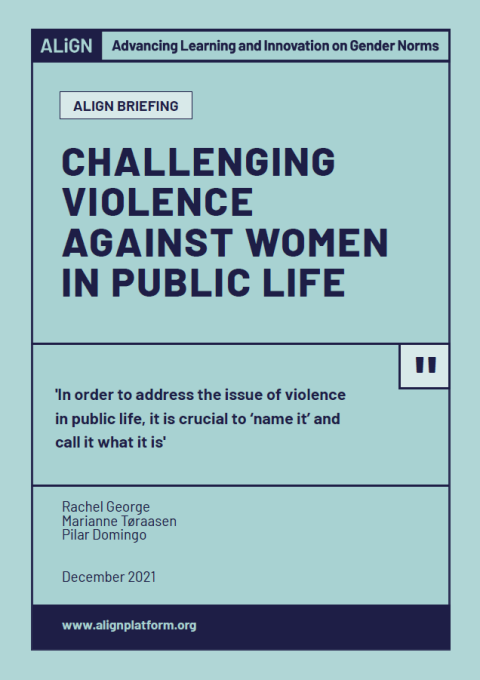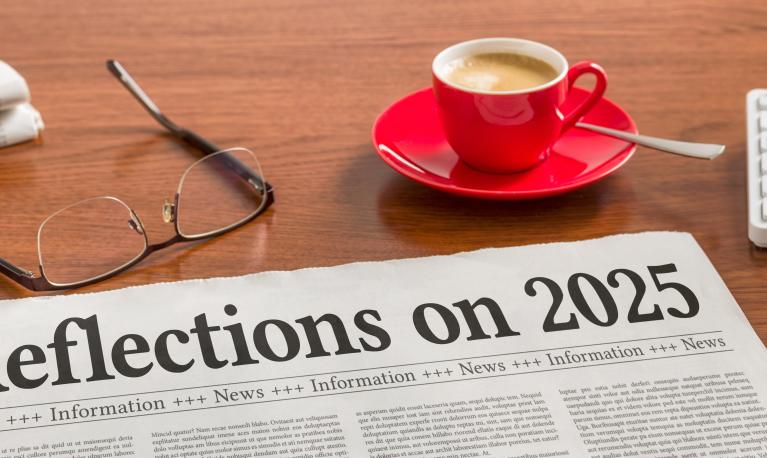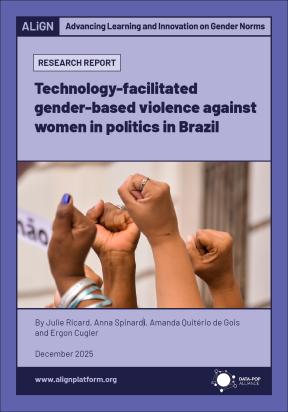
- Briefing paper
- 6 December 2021
Challenging violence against women in public life
- Author: Rachel George, Marianne Tøraasen, Pilar Domingo
- Published by: ALIGN

The many faces of violence against women in public life exposes the gendered and misogynistic belief that political space belongs to men. These rising threats towards women, both online and offline, are underpinned by harmful attitudes and behaviours perpetuated by patriarchal social norms.
This ALIGN Briefing is a summary of discussion drawn from an expert meeting hosted by ALIGN and ODI in May 2021, entitled ‘Changing harmful norms to prevent violence against women in politics and leadership: charting a forward-looking agenda’.
There have been significant gains in enhancing women’s participation in politics and public life in recent decades. Yet, many challenges remain, critically, the high levels of violence that permeate experiences worldwide towards those who are in decision-making positions, or who aspire to assume public office. While violence against women in public life is a longstanding problem, the proliferation of online media and technology has brought with it new threats, creating new spaces for the perpetration of violence.
This ALIGN Briefing provides a record of the discussion, focusing in particular on the experience of violence among women in two branches of with significant decision-making powers across society: judiciaries and legislatures.
It explores:
- Overview of the many types of violence experienced by women in legislatures and judicial office.
- Drivers of these forms of violence, including the role(s) of patriarchal gender norms.
- Approaches for challenging violence against women in public life (including the role of women's movements and civil society).
- Suggested avenues for future research in this area.
- Tags:
- Gender-based violence
- Countries / Regions:
- Global
Related resources
Blog
5 January 2026

Report
3 December 2025

Report
28 November 2025
